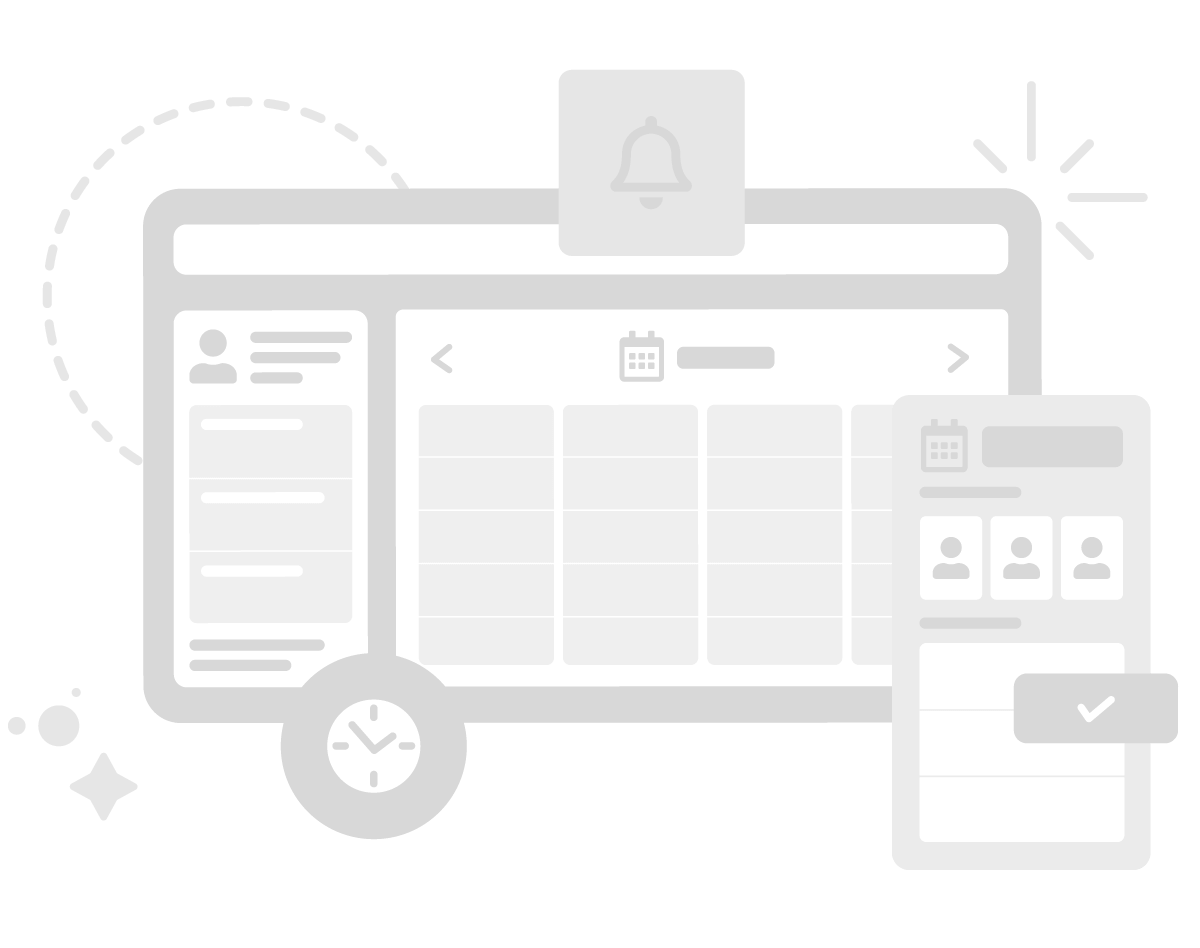Book an Appointment
Welcome to our online booking site
Physiotherapy & Sports Injuries
At your first appointment, we take a full history and perform a thorough physical examination to understand your injury and overall health. We assess posture, movement, strength, and joint function to provide an accurate diagnosis. Your treatment plan may include tailored exercise programs, manual therapy, and other hands-on techniques specific to your needs. We treat a wide range of conditions — from back, neck, and joint pain to sports injuries and post-surgical rehab — and are happy to advise if you're unsure whether physio is right for you.
Sports Massage
Sports massage isn’t just for athletes — it helps anyone who wants to move better and feel their best. It can improve flexibility, reduce muscle pain and stiffness, boost performance, and help prevent injuries. Beyond physical benefits, it also supports relaxation, better sleep, and mental well-being. We use a range of techniques, including electrotherapy and advanced stretching, to tailor each session to your individual needs and goals.
Select a treatment
from the list on the left
to view available appointment times

Need Help? 01494 935925 info@whitsonwellness.com
